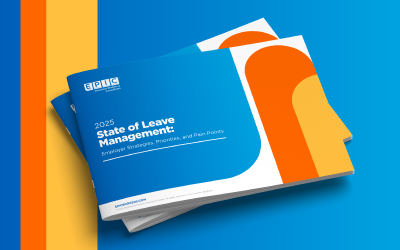The Supreme Court elected not to fast track the decision on whether the Affordable Care Act (ACA) is constitutional in Texas v. United States. Expediting the review was a no-lose request for Democrats. If overturned, the Republicans would have to reveal their plan to remake healthcare without being able to blame the Obama administration. If upheld, the status quo would be maintained as the battle-lines are already drawn.
Viewpoints from Craig Hasday
Deciding not to fast track was a clear victory for the Republicans. Republicans are not going to be forced to address the issue of healthcare without the Affordable Care Act prior to the upcoming election. Therefore, rest assured, there won’t be any sweeping change presented. There is just too much risk. No doubt any solution that is offered will be objectionable to a portion of America. That’s the problem with change. There would be winners and losers. The winners will be very quiet – but the losers will be vocal in their dissent.
Surprisingly, there have been a couple of significant changes that had bipartisan support; the Cadillac Tax on high-cost health plans was repealed and the Health Insurance Tax (HIT), which had been assessed against insurance carriers and passed back to policyholders as an addition to premium, was also eliminated. So, two of the tax offsets to the costs associated with the Affordable Care Act will no longer be available. But that may be it legislatively until 2021. It’s clear that both parties are happy with giving voters universal good news.
But the kind of changes that make a real impact will change the equilibrium. With the required pay-for, it will be tough in this election year to address the biggest concern of the average American: worsening benefits resulting in higher out-of-pocket costs. I read a recent report by the Agency for Healthcare Research and Quality (AHRQ) on how higher deductibles are impacting families, with out-of-pocket costs for maternity skyrocketing. While costs have remained fairly stable, the family’s share of these costs increased from about 13% in 2008 to almost 21% ($4,569) in 2015.
I might have expected there would be political impetus to legislate around two other concerns: surprise billing and the astounding increase in prescription drug prices. And there are both federal and state bills pending with the losers being an easy target – healthcare providers and the pharmaceutical industry. Another bill, the Health Savings for Seniors Act, which would allow Medicare-eligible policyholders to participate in Health Savings Accounts, has a chance and I think it makes sense. But in this polarized political environment, even low-hanging fruit won’t be easy since neither party wants to give the other a perceived victory.
Politics are making a difficult problem almost insurmountable.
Related Content
Products
Employee Benefits Consulting
Our dedicated benefits team is focused on delivering better outcomes – to both your benefits program and ...
Industries
Healthcare
Our healthcare practice is known around the world for its expertise and passion in delivering exceptional ...
Products
Compliance
We provide comprehensive consulting services and in-depth education regarding the ever-changing employee ...



